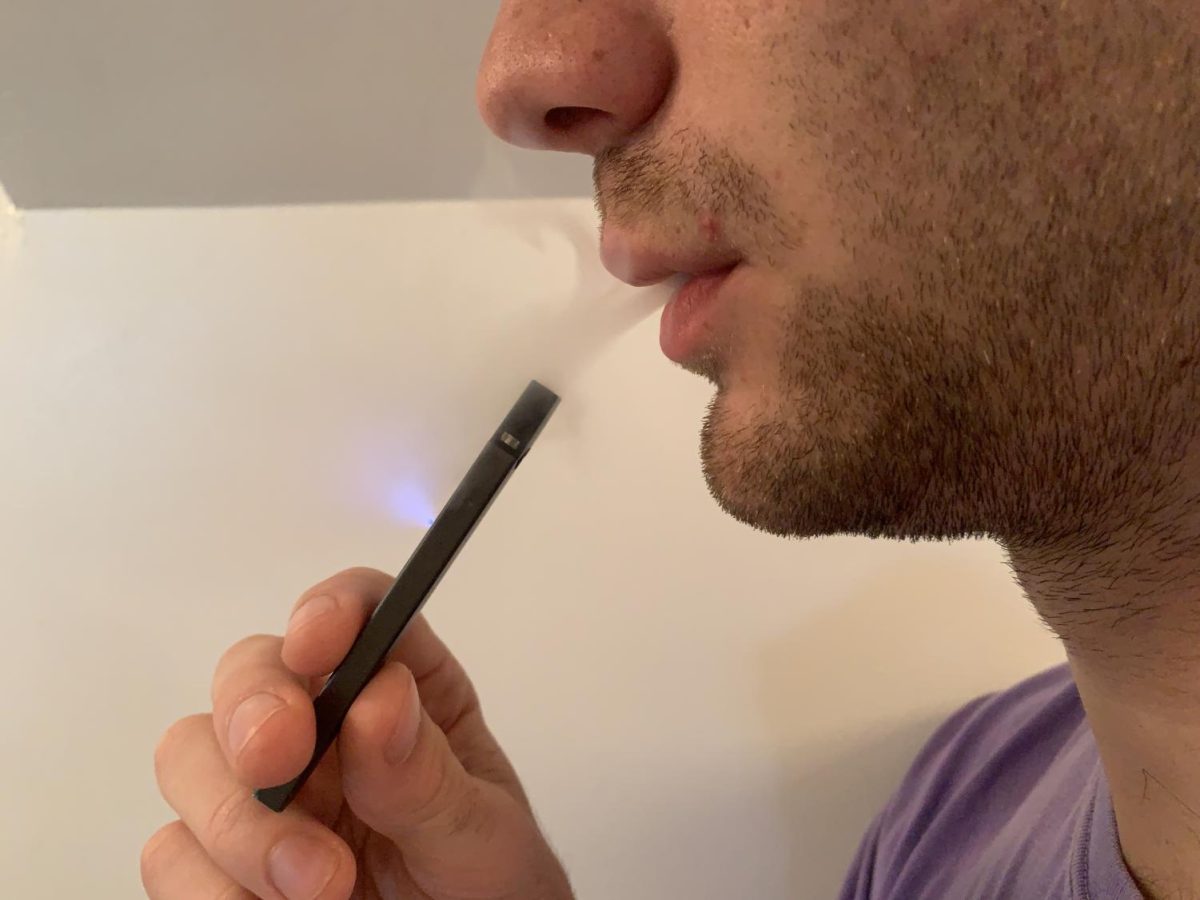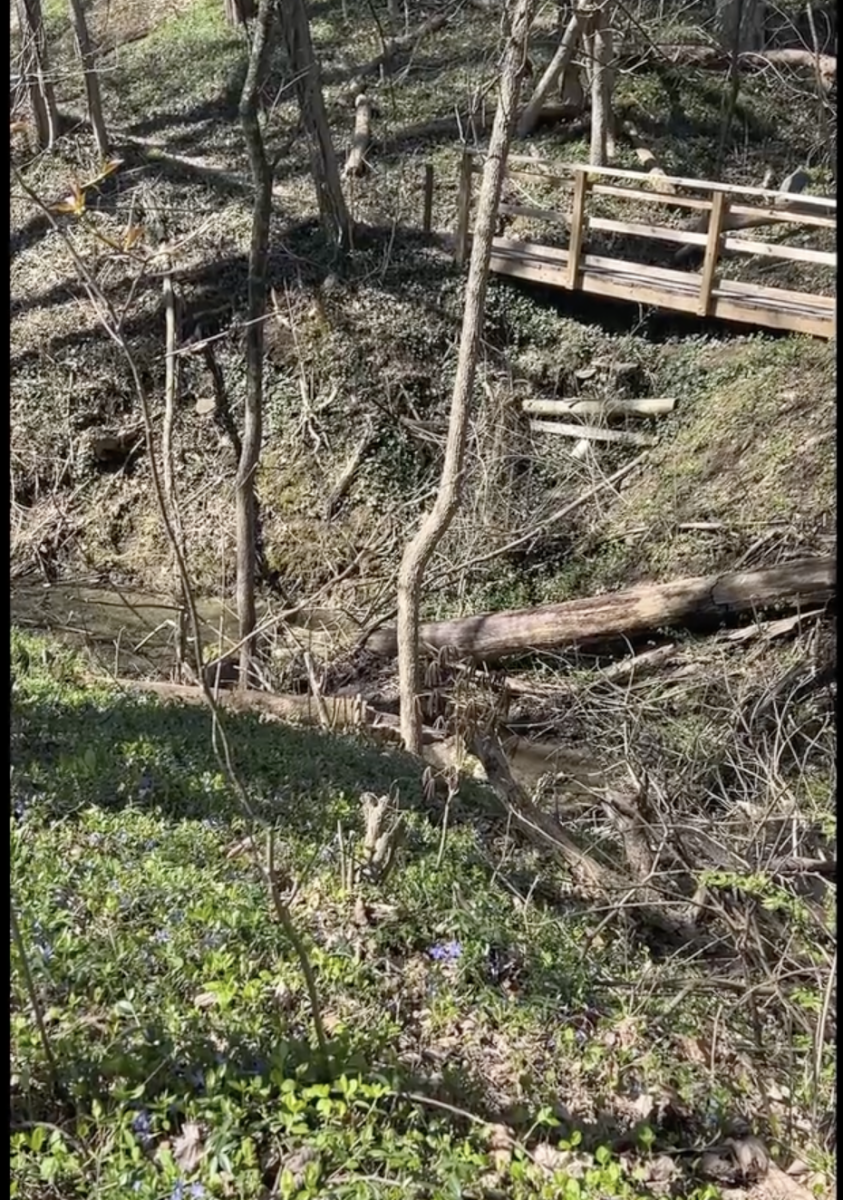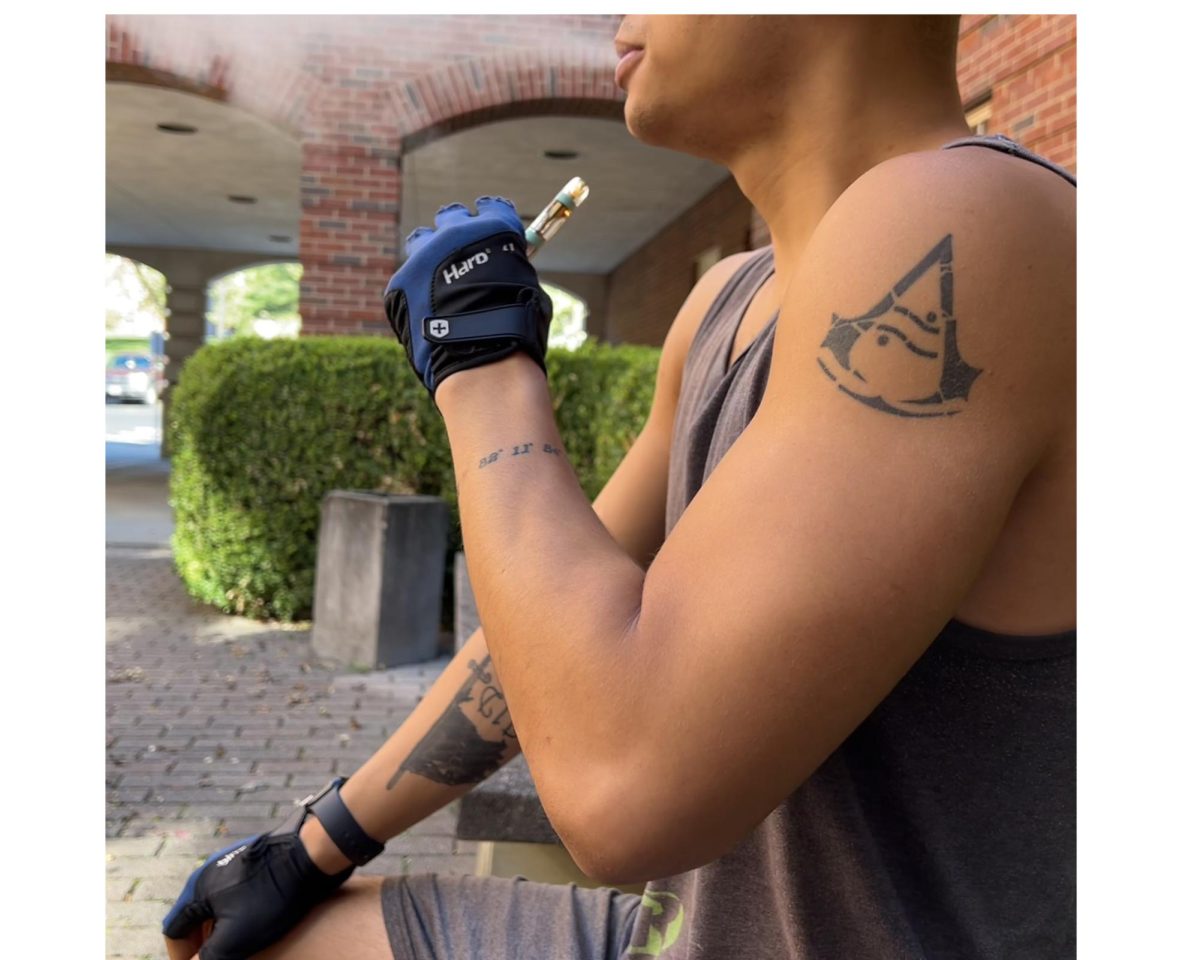Five policies introduced at Monday night’s Talawanda Board of Education meeting would prohibit the possession or use of any tobacco or e-cigarette products on Talawanda school property by students, staff and administration.
The five policies, four of which are revisions of existing policies and one of which is new, require a second reading the board at its meeting Monday, Feb. 24. The new policy introduced a ban on the use of tobacco by administrators.
Dennis Malone, the district’s director of human resources, explained that all five policies have the same goal: to make Talawanda campuses tobacco-free 24/7. The revisions to the old policies were recommended by Neola, a policy service organization that provides recommended updates to schools’ existing policies based on federal and state legislation.
The proposed revisions to the four previously existing policies involve changes in language about the advertising or promotion of tobacco on school grounds. A company could come to the school board and ask to advertise on school grounds, and if there was no policy preventing it, the board could allow it. Malone said the odds of that happening are low, but it’s best to implement a policy anyway, just in case.
Malone said he is unsure why the new policy, specifying that administrators also are prohibited from tobacco and vaping on school grounds, had not previously been in force, although the existing policies had covered faculty, staff and students. No one has suggested that administrators have been smoking, but: “We need to be clear across the board, top-down, that no tobacco is acceptable, including for administrators,” Malone said.
Policies to include more specifics on vaping
“(Vaping) is something that we are very aware of. We’re trying to be proactive in providing education about the dangers associated with it,” said Amy Macechko, Talawanda’s health and wellness coordinator. Her approach to the issue involves education rather than just discipline. Students who violate the schools’ codes of conduct are provided with information, skills and support to stop the misunderstanding and misuse of e-cigarettes.
“Discipline alone is not the way to address this issue,” Macechko said. “Rather, our students need information and opportunities to reflect on their choices.”
Macechko is working with a class at Miami University to conduct focus groups of Talawanda students, staff and parents to better understand local conditions that may give young people easier access or incentives to start smoking or vaping, such as parental attitudes towards smoking. They’re also working to create a social marketing campaign that’s relevant to Talawanda students.
Talawanda High School does involve education about tobacco and vaping in the health curriculum. As for discipline, if a student is caught vaping, they automatically receive a three-day suspension. If the liquid in the vape tests positive for THC, the student would be recommended for expulsion. Malone says they’ve already had a handful of those cases. THC is the main psychoactive compound in marijuana.
Talawanda also collects data about the number of students from grades 7 through 12 who use e-cigarettes. The Student Drug Use Survey, conducted every two years, last collected data in November 2019, which will be released in March.
Middle and high schoolers are targeted heavily by e-cigarette company advertising; according to the CDC, about 69% of middle and high school students are exposed to e-cigarette advertisements each year. Additionally, according to the National Youth Tobacco Survey, one in five high schoolers used e-cigarettes in 2018, while one in 20 middle schoolers did.
Macechko said that data will be more useful, since the market for e-cigarettes like JUULs started targeting teenagers heavily in 2018.
Her team will analyze the survey data to examine change over time in usage and students’ perceptions of the risks and harms of e-cigarette use.










